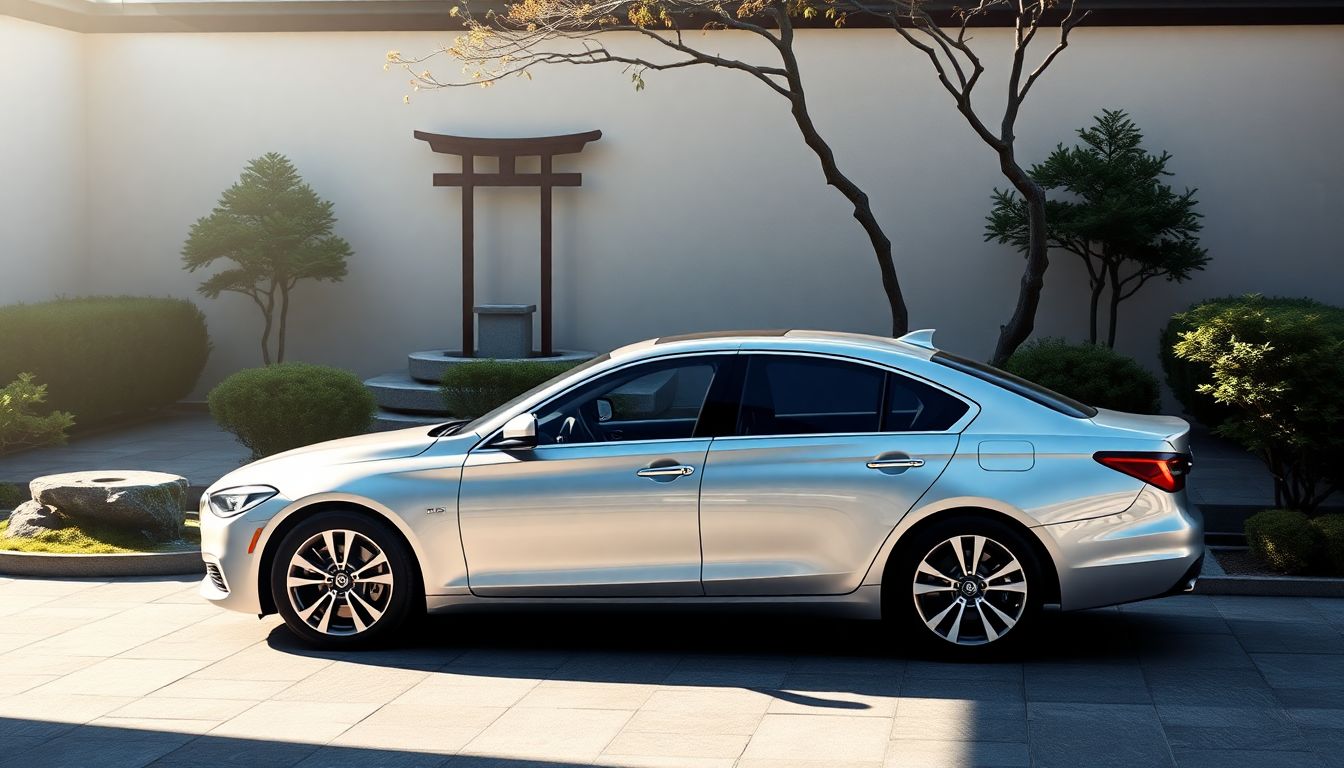In Japan, car insurance legally protects you against losses arising from an accident. Losses are defined as damage done to another person’s car or the injury of a person. By law, different formats of insurance are mandatory, ensuring at least one form of compensation is available to another individual on the road.
Compulsory Jibaiseki vs. Additional Hoken
Japan has compulsory and voluntary insurance systems. The mandatory Jibaiseki, or third-party insurance, offers a very basic offer as it only insures injuries to other persons and not any damage inflicted to your car. The voluntary insurance, or Hoken, on the other hand, offers wider coverage. Voluntary insurance is essential because of the inadequacies of Jibaiseki.
Important Terms That You Must Know
There are a lot of special car insurance terms in Japan. It is worthwhile to learn a few of them. For instance: “Mensō sekininhoken” means liability insurance. “Jikosho” stands for accident report. “Hoshō” means compensation or coverage. Familiarity with these terms will make understanding your policy easier.
Factors Affecting Insurance Premiums
There are other considerations governing the cost of insurance. This includes variables like age, driving history, and class of vehicle. Place of residence and preferred amount of coverage are also important factors. Some insurance companies classify premium rates with algorithms.
Types of Car Insurance Coverage Available
Knowing further about these coverage types will help you with which car insurance policy best suits your needs. Different types of coverage protect you from different risks; therefore, each of their protectiveness must be learned thoroughly.
Liability Coverage (対人・対物賠償保険)
Liability coverage (対人・対物賠償保険) keeps you safe in case of injury to another and damaging someone’s property. “Taijin” (対人) covers bodily injury. “Taibutsu” (対物) covers property damages. High limits, which the law requires, are needed so that you’re covered from high expenses should you be involved in an accident.
Collision Coverage (車両保険)
Collision coverage (車両保険) protects your car against damages inflicted on it. Damages could be inflicted due to an accident, theft, or even natural causes. There are different forms of coverage.
Personal Damage Protection
It practically refers to two kinds of insurance: Tōjōsha shōgai hoken (搭乗者傷害保険) and jinshin shōgai hoken (人身傷害保険). The first one compensates certain injuries irrespective of fault, while jinshin shōgai hoken is meant to cover costs of medical treatments and lost earnings, often without a specific higher limit. The difference in interpretation of these two terms is an important one.
So, Choosing Insurance for Your Car
These haven’t been the policy that you would want. Think about how much you need it.
Think-Need-Your Risk Acceptance
Now analyze your driving habits. Do you drive a lot? Where do you drive most of the time? What would be your own risk-taking attitude? After the answers to these and other such questions are determined, that will help you find out how great would the coverage really have to be.
Comparison of Insurers and Rates
Look around and compare car insurances. It gets the comparison of as many quotes as possible. Look up for the reviews online, or ask around with your friends for suggestions. Look up each and every detail, to make sure there are no surprises down the line.
Reading Your Policy and the Exclusions
Read in full. Know your limits and what is expected of you; cross-check on the exclusions that apply to you. Do not hesitate to ask your agent any questions for clarifications.
Making a Claim Under Car Insurance in Japan
Being armed with the procedure for making a claim is an added advantage, for it makes the task easier. Ensure that the procedures give you a strong foundation for fair compensation.
Reporting of the Accident and Information Gathering
The foremost duty is to maintain safety for all when an accident occurs. A police report detailing the occurrence should be made. The various cars in the incident will exchange necessary information. Take adequate pictures of the scenes and damages using a cellphone.
Contact the Insurance Company
Notify your insurer as soon as possible, preferably immediately following the incident. Provide them with as many details about the accident as you can. Help in fast tracking the claims process. Meanwhile, keep in regular contact with them and respond promptly to any questions.
Compensations and Payouts 101
Understand the subdivision of compensations. This part of compensation is where you get paid for damages to your vehicle, medical expenses incurred, and loss of earnings because of the accident. Although the duties will depend on your accident and the policy, make sure to understand how each payout works.
Tips to Save Money on Car Insurance
Ordinarily one can regard car insurance as an expense. Try everything to lower your premiums. Everything helps even if a little.
Driving Safely Also Earns Discounts
Safe driving is a habit formed to avoid accidents and traffic violations. Drivers that are not found at fault in an accident may also qualify for discounts. Some insurance companies track how good their customers are at driving in order to offer discounts accordingly.
Conclusion
Therefore, car insurance is very important in Japan. It covers you and others. By knowing how the system works and choosing the right amount of coverage, you can travel worry-free. The basics are something worth knowing. Choosing the right insurance will save money and let you ease your mind.




